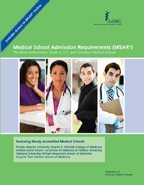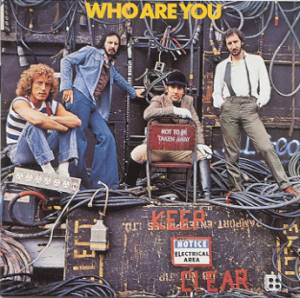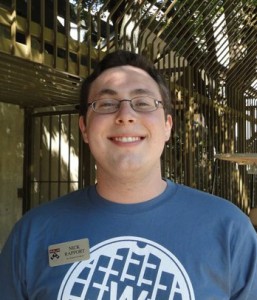by J. Michael DeAngelis, Information Resources Manager
The Career Services library is open during our regular business hours, Monday – Friday from 9am-5pm. It’s a great place to come and study during finals and to take advantage of some of the amazing print resources we have. Here are a few of our latest acquisitions:
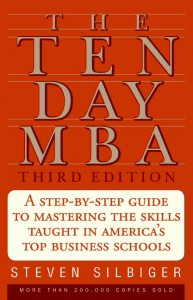 The Ten Day MBA by Steven Silbiger (3rd edition) – Billed as “a step-by-step guide to mastering the skills taught in America’s top business schools,” this is an extremely popular book for those about to enter the world of business but don’t have an exclusively business background. The book covers everything from understanding finical statements to developing corporate strategies. Easy to read, this book will help anyone get on the same page as those with an advanced business degree.
The Ten Day MBA by Steven Silbiger (3rd edition) – Billed as “a step-by-step guide to mastering the skills taught in America’s top business schools,” this is an extremely popular book for those about to enter the world of business but don’t have an exclusively business background. The book covers everything from understanding finical statements to developing corporate strategies. Easy to read, this book will help anyone get on the same page as those with an advanced business degree.
Medical School Admission Requirements (MSAR) 2012-2013 – from the Association of American Medical Colleges.
The preeminent and reliable resource on medical schools just got better. MSAR’s printed guidebook includes abridged profiles of each medical school, while comprehensive listings of U.S. and Canadian medical schools, and baccalaureate/MD programs appear online. (The guidebook includes a unique code which can be entered for one year of unlimited access to the web site.) On the MSAR web site, you’ll be able to perform advanced searches, sort data, browse schools at a glance, save favorites, compare schools, and access more data and information than ever before. MSAR is the only resource fully authorized by medical schools and is a must for anyone interested in perusing a medical degree after graduation.
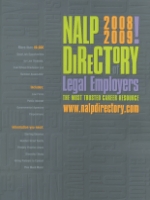 The NALP Directory of Legal Employers 2010/2011 – from the Association of Legal Career Professionals. NALP’s most widely used Directory features information on more than 1,500 employers. The front of the book includes indexes by location and practice area keyword. For the most up-to-date version of this Directory, including employers who listed after the print edition was published, visit www.nalpdirectory.com. (The entire nalpdirectory.com database is replaced annually — at about the same time the print edition is released — but employers can continue to change their online listings throughout the year.) While the online version allows searches, comparison charts, and creation of mail merge lists, the print edition remains a valuable companion resource.
The NALP Directory of Legal Employers 2010/2011 – from the Association of Legal Career Professionals. NALP’s most widely used Directory features information on more than 1,500 employers. The front of the book includes indexes by location and practice area keyword. For the most up-to-date version of this Directory, including employers who listed after the print edition was published, visit www.nalpdirectory.com. (The entire nalpdirectory.com database is replaced annually — at about the same time the print edition is released — but employers can continue to change their online listings throughout the year.) While the online version allows searches, comparison charts, and creation of mail merge lists, the print edition remains a valuable companion resource.
Accelerating on the Curves: The Artist’s Roadmap to Success by Katharine T. Carter & Associates – The definitive guide to self-marketing and career advancement for artists. The 363 page volume is anchored by Katharine T. Carter’s detailed roadmap approach to building an exhibition record and advancing from local and regional success to a path toward national recognition. Also included are numerous practical guidelines and approaches to marketing and presentation–sample pitch letters, artist statements, press releases and résumés, as well as protocols and advice on the best ways to effectively approach and communicate with professionals in each sector of the art world. In addition, individual contributions by the company’s distinguished Associates cover a broad range of issues and professional development topics. And finally, a comprehensive, up-to-date Information Resources index provides a wealth of useful research tools, publications, contacts and professional services essential to artists. A perfect companion for fine artists at both the BFA and MFA levels.


